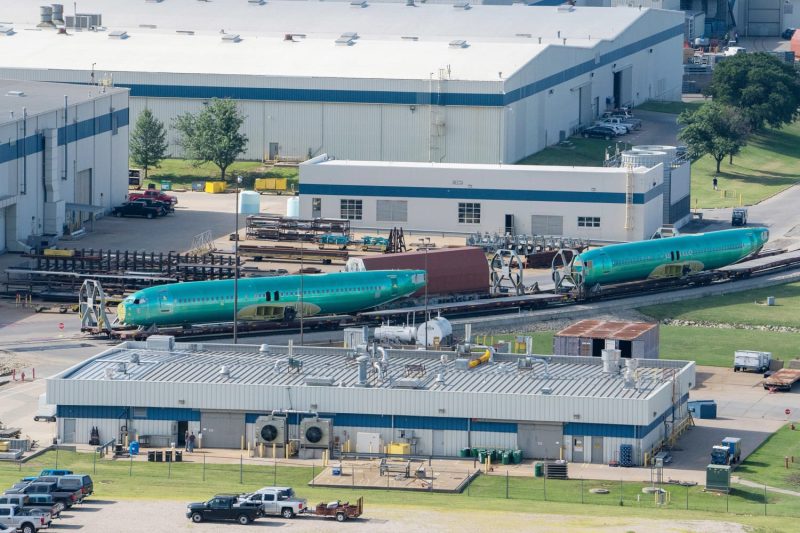Spirit AeroSystems to Furlough 700 Workers as Boeing Machinist Strike Continues
The ongoing Boeing machinist strike has continued to create significant ripple effects within the aerospace industry. Spirit AeroSystems, a major supplier to Boeing, has announced that it will be forced to furlough approximately 700 workers due to the disruptions caused by the strike. This development comes amidst concerns about the impact of the strike on various stakeholders and the broader implications for the aerospace sector.
The decision to furlough 700 workers at Spirit AeroSystems is a direct consequence of the challenges posed by the strike. With Boeing’s production lines facing disruptions and delays due to the absence of machinists, Spirit AeroSystems has been left with excess inventory and reduced demand for its products. As a result, the company has had to make difficult decisions to adjust its workforce and operations to align with the new reality imposed by the strike.
The furlough of 700 workers at Spirit AeroSystems highlights the interconnected nature of the aerospace industry and the dependencies that exist between different companies within the supply chain. While Boeing directly employs machinists who are on strike, the repercussions extend beyond the walls of Boeing’s facilities and impact suppliers like Spirit AeroSystems, which rely on a steady flow of orders and demand from their primary customer.
In addition to the immediate impact on its workforce, the furloughs at Spirit AeroSystems also raise broader questions about the resilience and adaptability of companies within the aerospace sector. The current strike has exposed vulnerabilities in the supply chain and highlighted the need for companies to diversify their customer base and reduce dependency on a single client. By relying heavily on Boeing for a significant portion of its revenue, Spirit AeroSystems has found itself more vulnerable to the disruptions caused by the strike.
Moving forward, Spirit AeroSystems and other suppliers in the aerospace industry may need to rethink their business strategies and operational models to better withstand future shocks and disruptions. This could involve diversifying their customer base, investing in technologies that enhance flexibility and efficiency, and building more robust relationships with multiple clients to reduce reliance on any single company.
The furloughs at Spirit AeroSystems serve as a sobering reminder of the complex dynamics at play in the aerospace industry and the far-reaching consequences of labor disputes within the sector. As the Boeing machinist strike continues to unfold, stakeholders across the industry will need to navigate the challenges and uncertainties that lie ahead, finding ways to mitigate risks and build more resilient business models in an ever-evolving business environment.
